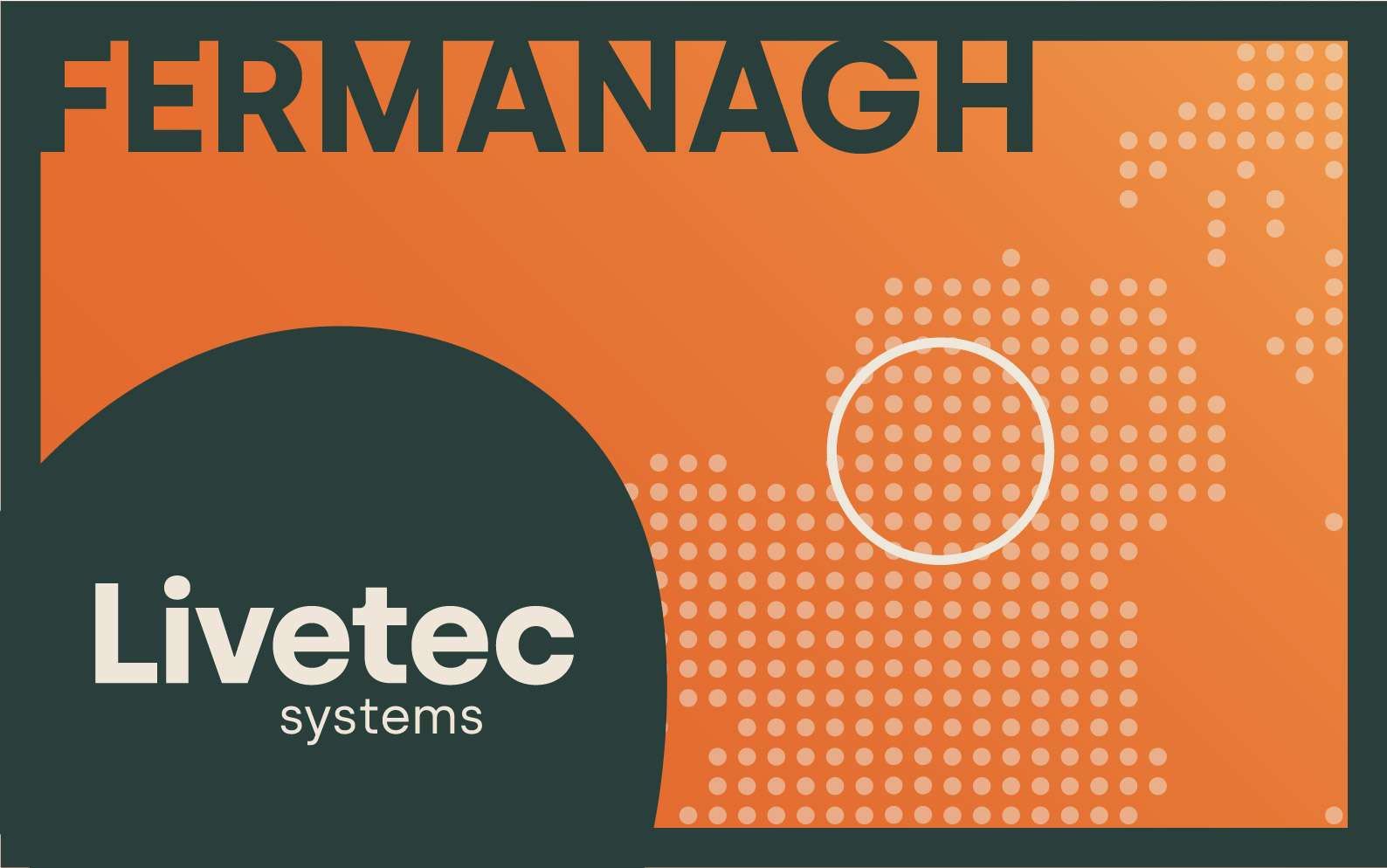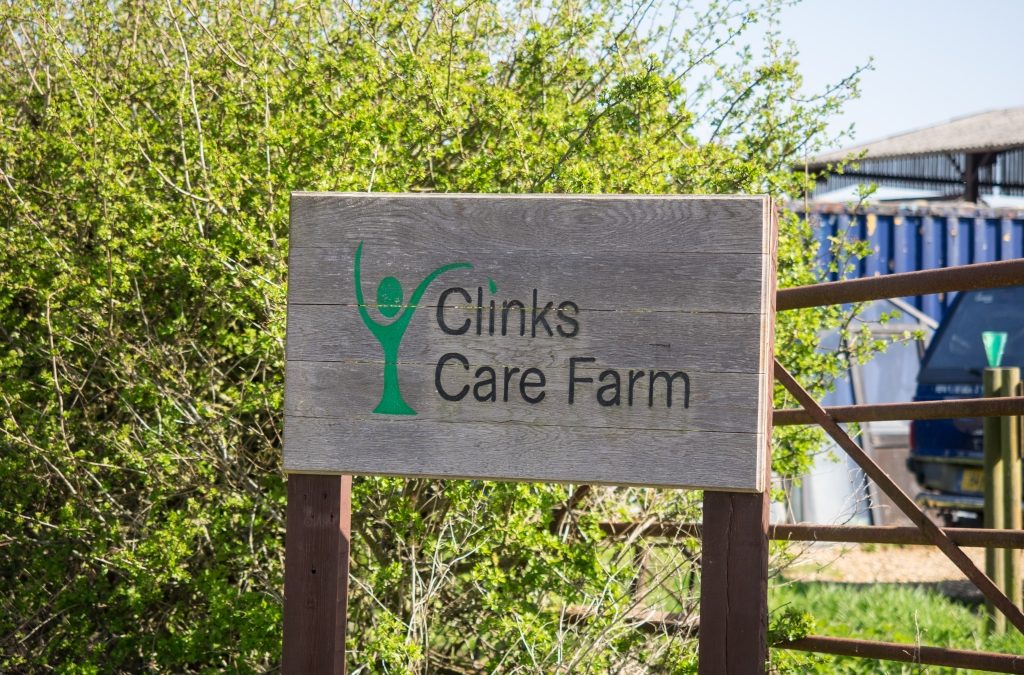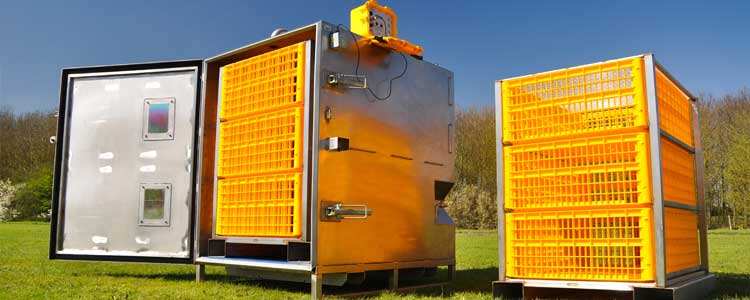Pinpointing the Cause of Store Shelf Shortages
The Covid-19 ‘pingdemic’ and Brexit together are undoubtedly the main factors contributing to the huge number of food shortages appearing across the food industry. Over the past few months, restaurants like KFC and Nandos have struggled to meet demand, resulting in store closures and reduced menus. At the same time, supermarket shelves are looking increasingly empty, with concerns raised over the future of the Christmas dinner.
The Cupboard Was Bare
The ‘perfect storm’ – as some are calling it – of Brexit and the COVID-19 pandemic is resulting in significant loss of access to food and drink throughout the UK. Nandos was forced to temporarily close 50 of its stores over the busy summer months due to problems with chicken supply, while shoppers are being met with big signs at their local supermarkets apologising for the lack of their usual selection and reduced availability.
It’s clear that Brexit and COVID-19 are the primary drivers of these supply issues. But here, we want to explore the problem further, tracing today’s store shortages back to their root sources: logistics, processing capabilities, and labour shortages in farming.
Logistics
National and international logistics nightmares are certainly partly responsible for today’s store shortages. On a national basis, the well-documented lack of HGV drivers to transport domestic produce around the country is preventing essential food and drink from reaching processing and packaging plants, and from getting to stores.
On an international basis, the end of the import check grace period which ended in October is causing delays in EU food imports. It’s estimated that around one quarter of all food and drink in the UK is imported from EU member states, and under new regulations, Export Health Certificates are needed for all animal products; a process that is set to delay imports due to increased documentation and formalities.
Processing Capacity
A further root cause of the shelf shortages today is that food simply cannot be processed at the speed needed to keep up with demand; especially as demand is rising significantly in the months leading up to Christmas. There are two primary reasons for processing delays: staff shortages, and lack of availability of vital products like CO2.
While drops in processing capacity are hitting many different sectors, British-produced meat, and poultry in particular – looks to be getting hit the hardest. It’s been reported that factories are capable of processing 5-10% fewer chickens per week due to the combination of labour and gas issues, and 10% fewer turkeys. It is estimated that the number of turkeys available during the festive season will likely be 20% lower than usual.
Staff Shortages in Farming
Finally, labour challenges at farm level must be considered, too. Farmers are finding it increasingly difficult to secure the human resources they need to maintain day-to-day production in light of Brexit, with many foreign nationals opting to return to their home countries, or move to another country where there is more chance of long term work.
While the rise in redundancies during the pandemic has technically created new domestic skills pools, interest in manual labour jobs such as farming remains low. The good news is that the Government has announced that 5,500 poultry workers will be able to enter the country this year under the COVID recovery scheme. However, farming is a year-round industry, and temporary measures will produce short-term results.
The Result
These three root-level causes are all coming together to create one of the biggest food crises the UK has ever seen. Not only are we seeing fewer foods processed, but of those that are being processed, many are not getting where they need to be. This has the potential to spark a massive rise in food waste, and generate a long term impact.
With Christmas on the way – and with families planning larger-than-usual gatherings to make up for 2020’s cancelled festivities under lockdown – panic buying is already starting. Tesco has voiced concerns that Christmas stockpiling this year could be worse than the initial panic buying at the start of the pandemic, resulting in more shortages.
Tackling the Problem at the Root
It’s clear that there are vulnerabilities across the entire supply chain, and addressing them means building resilience at the source: strengthening operations at farm level.
It’s no longer enough to create solutions to problems as they arise. Instead, farmers should be embracing scenario planning methodologies that help them anticipate possible risks in the farm-to-fork journey, preparing for any eventuality, and giving themselves the tools and knowledge they need to combat new challenges quickly.
At Livetec, that’s what we specialise in. We act as an intermediary between Government agencies and agricultural communities to help farmers research, develop, grow, innovate, and train in scientifically-backed, results-driving ways to bridge the skills gaps, boost processing capacity, and ensure food gets to exactly where it’s needed.
Find out how the Livetec team can help you protect your farm by contacting us today.








